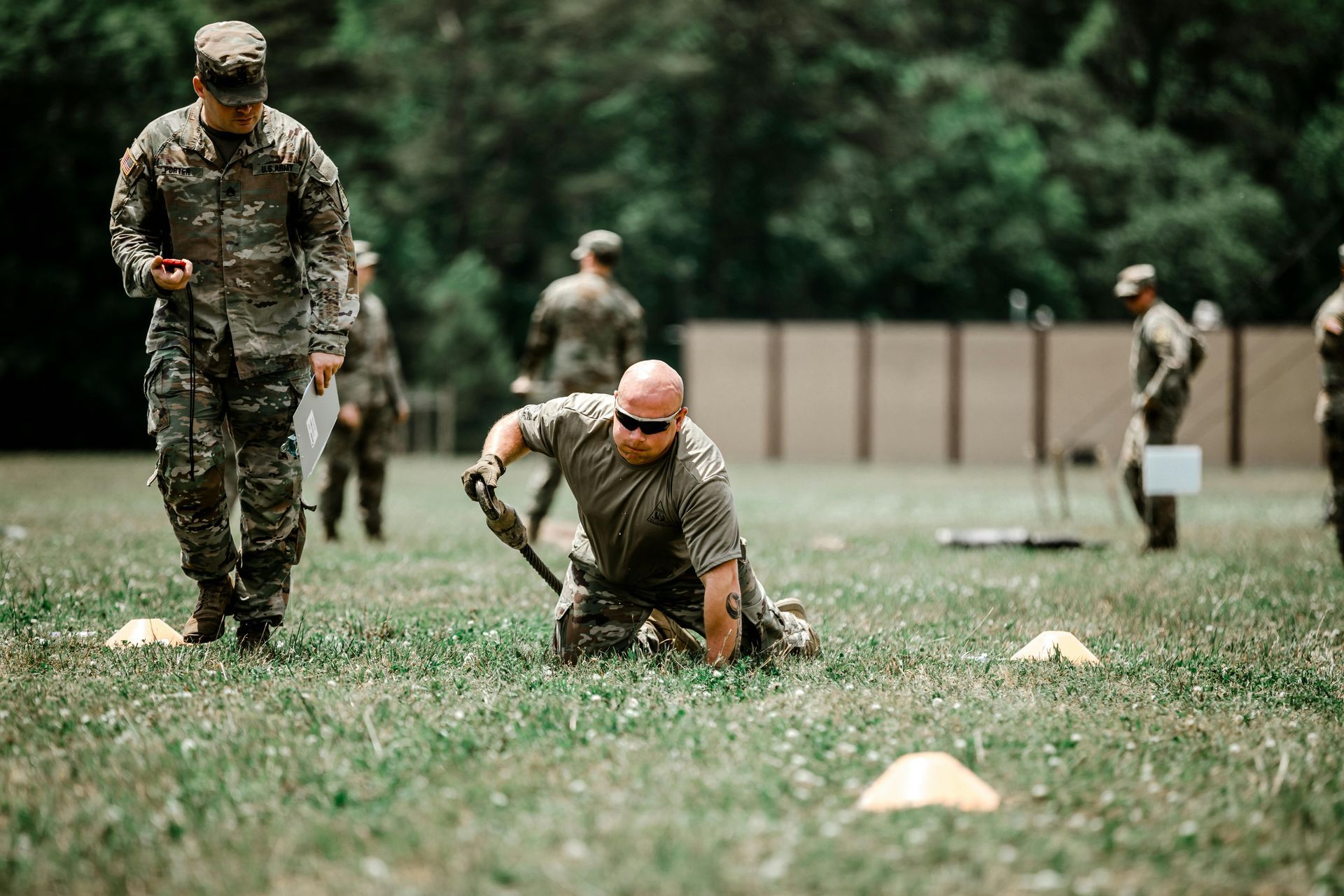What is “Mental Toughness” and is it all it's cracked up to be?
Athlete or Navy Seal?

In sports, we hear it constantly: push harder and grind more. You know, the Mamba mentality. Mental toughness gets thrown around like it’s the ultimate key to success. We see coaches pushing for players to go run 8 miles all for the sake of mental toughness when in reality this does nothing to help these athletes perform better in their sport. Don’t get me wrong, effort and hard work matter. But somewhere along the way, we’ve twisted the idea of toughness into something it was never meant to be. Athletes aren’t training to be Navy seals, they are training to be elite athletes.
We’ve made it all about suffering. About staying longer at practice, lifting more weight, running more miles, and doing it all with gritted teeth. And while that might look impressive, it doesn’t always translate to better performance. In fact, sometimes it does the opposite.
Here’s the truth a lot of people miss…being mentally tough isn’t just about how much pain you can take. If anything, it is more about how consistent you can be, how well you can do the little things, and how good you are at the things that aren’t flashy and popular.
Real mental toughness, I would argue, is going to bed when you should, not when you feel like it. It’s fueling your body with what it actually needs, not just what’s convenient. It’s doing your mobility work, prioritizing recovery, listening to your body, and showing up every day with purpose. That kind of discipline is way harder than doing “one more set” just to prove you’re tough.
Anyone can go all out when they’re motivated. But very few people can train smart day after day, even when it’s boring or uncomfortable. That’s where the real work is. That’s what builds elite athletes.
Just grinding for the sake of grinding doesn’t guarantee anything. You can be the hardest worker in the room and still plateau if your sleep is trash, your training has no structure, and you never let your body recover. Performance isn’t about who suffers the most. It’s about who builds the right habits and sticks with them. The best athletes aren’t just the ones who work hard. They’re the ones who work smart. They understand when to push and when to pull back. They trust the process. They take care of the little things most people ignore. That’s what separates them, not some mythical ability to out-suffer everyone else.
I believe the reason we see so many coaches and athletes drawn to these hard workouts for the sake of “mental toughness” is because of a lack of education. I don’t blame people, because it seems logical to want to work hard, but we have to take a more scientific look at it. The research is pretty clear on this. Specificity matters. If I am a marathon runner and I want to improve my mental toughness, then yes running long and hard intervals to have some intentional mental toughness training to help myself prepare to push through the pain on race day makes sense at certain times. But, applying this same workout to a baseball pitcher and expecting it to help him in a bases loaded jam in the bottom of the 9th with no outs is naive. A better option would be to learn how to program your practices to mimic these situations. For example, when your pitchers throw their bullpens, have the whole team causing chaos around them while they throw, or even put some consequences on walks in order to create high stress. There are countless ways to go about it.
These are just examples and would have to be explored in other sports for the best solutions, which is beyond the scope of this article, but across the board being as specific as you can to the demands of the sport is going to be the best bet for effective mental toughness training.
So…maybe it’s time we redefine toughness. Not as how much you can endure, but how well you can respond to the demands of your sport, how well you can take care of the things that actually move the needle, and how well you can show up day after day. That takes real mental toughness. If you really want to be elite, forget the highlight reel version of hard work. Get serious about consistency. That’s the real grind. No one ever regretted consistency. Learn this young and it will take you far in life.
To sum it up, hard work is vital. It just needs to be directed in the right direction. If your goal is the crossfit games, then long grueling workouts are appropriate, but if your goal is to throw 98 and get to the big leagues… those long grueling workouts aren’t going to move you any closer to your goal.
To learn more about athletic development and the best training strategies, set up a free consultation and get a program that is dialed in for you or your child.
